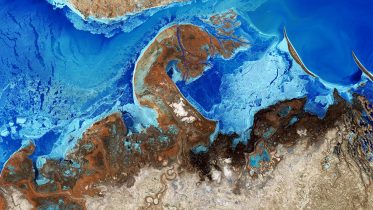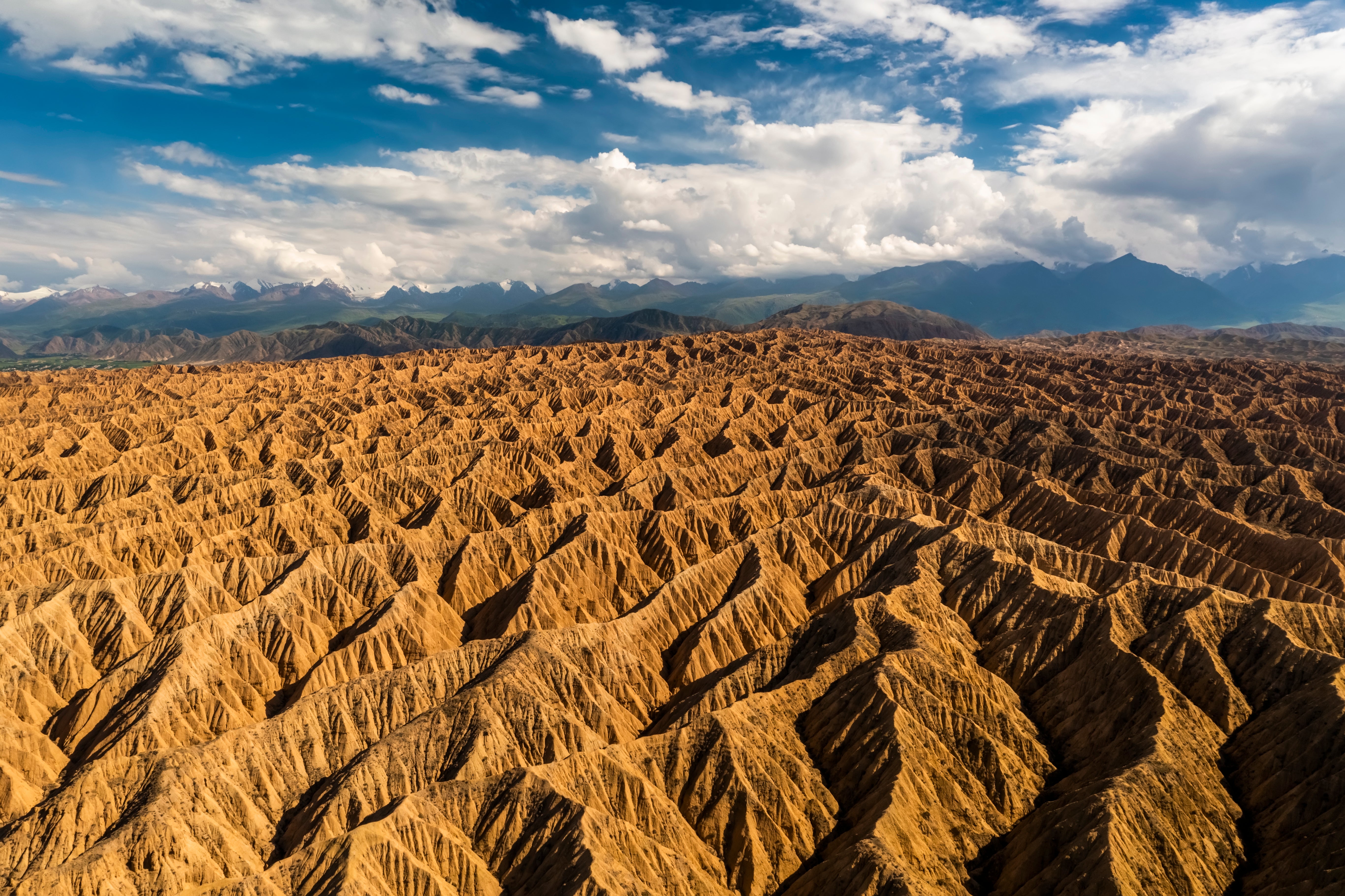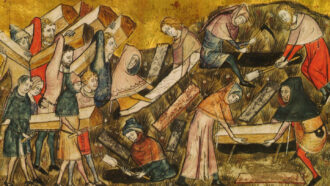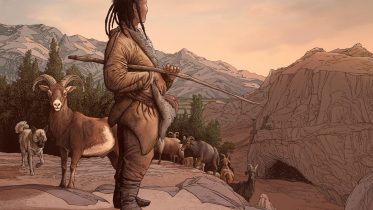
Central Asia
Central Asia is a region in Asia which stretches from the Caspian Sea in the west to China and Mongolia in the east, and from Afghanistan and Iran in the south to Russia in the north, including the former Soviet republics of Kazakhstan, Kyrgyzstan, Tajikistan, Turkmenistan, and Uzbekistan. It is also colloquially referred to as "the stans" as the countries all have names ending with the Persian suffix "-stan", meaning "land of". Central Asia was historically closely tied to the Silk Road trade routes, acting as a crossroads for the movement of people, goods, and ideas between Europe and Asia. In the Pre-Islamic and early Islamic eras Central Asia was inhabited predominantly by Iranians, populated by Eastern Iranian-speaking Bactrians, Sogdians, Chorasmians and the semi-nomadic Scythians and Dahae.











